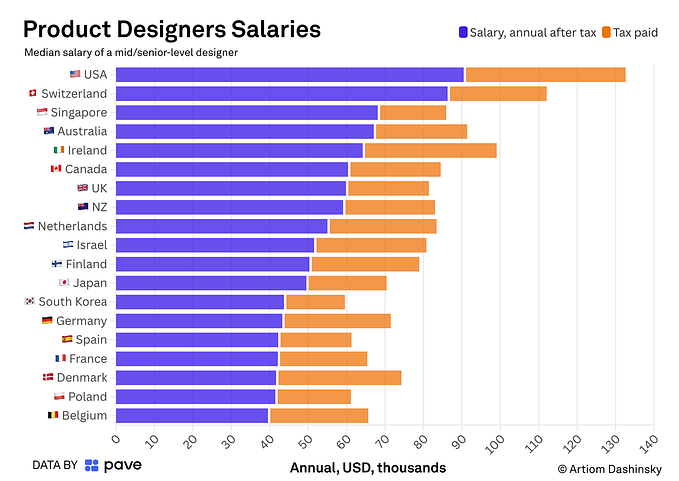Member-only story
User research: Airbnb for the Chinese market

I talked about how design helps Airbnb’s cross-culture business in my last article. As a Chinese person living in the US, I thought it would be interesting to go further and study the Airbnb users in the Chinese market.
“At Airbnb, our mission is to help create a world where anyone can belong anywhere, and with nearly 1.5 billion people living in China, it’s clear that this country is an important part of our global community.” — Airbnb
According to the Airbnb blog, “China is one of the biggest and fastest growing outbound travel markets in the world. In just the past year alone, outbound travel from Chinese guests through Airbnb has grown 700%, making it our fastest growing outbound market. Last year in 2015, Airbnb brought on two strategic partners — China Broadband Capital (CBC) and Sequoia China — to help them continue to navigate the China market and create a truly localized presence for the company.”
Market Research
Due to culture differences, it’s not easy for the majority of Chinese people to accept the concept of accommodation-sharing. China’s culture of guanxi (networks of acquaintances) very much relies on human relationships. Trust and security issues have been the biggest obstacle to the sharing economy in China.
Because of land ownership restrictions in China, most people do not have vacant rooms or houses available to rent. Most Chinese do not live in single-family homes as in the US; instead, they live in apartment complexes that severely restrict their ability to sub-lease.
What does the short-term rental market look like in China?
1. High demand in the first and second tier cities
In addition to attracting international tourists, vibrant economies in first-tier cities like Beijing, Shanghai and Shenzhen attract many domestic visitors. These visitors from throughout China seek better jobs, better education, and better medical care. While they stay in these top-tier cities, they need short and medium-term housing.
2. Good demand in lower tier touristy cities
A good example would be Sanya (China’s Hawaii) or Chengdu (where the pandas are). The market is heating up because of its well-known landmarks and a lower cost of living makes it more affordable when traveling.
3. The market in the rest…









